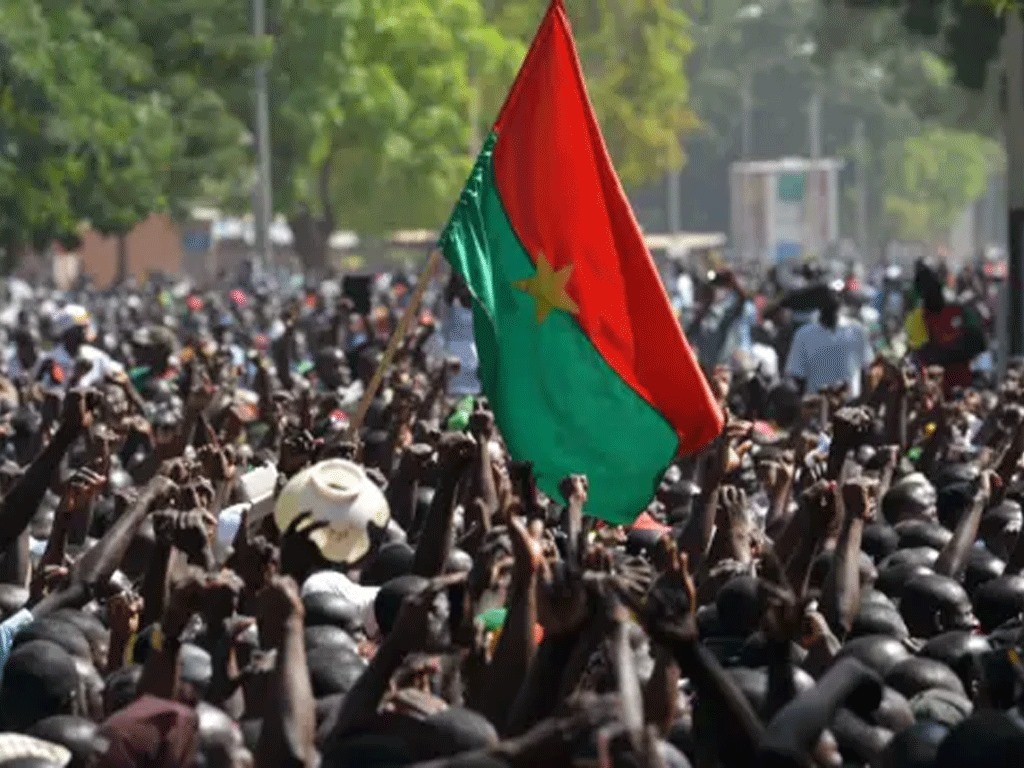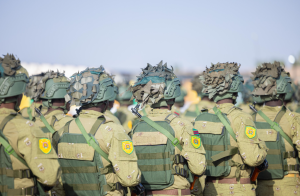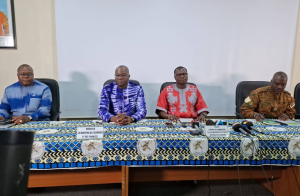Burkina Faso: The awakening of a people in the face of imperialist plundering strategy

In a world shaped by often unequal power dynamics, Africa has never been a victim of chance, but rather of a carefully orchestrated system. Burkina Faso, like other Sahelian states united within the Alliance of Sahel States (AES), is not experiencing an accidental crisis. It is enduring a planned, methodical war imposed by those who fear the awakening of a continent standing tall, aware of its worth and its riches.
The violence and destabilization are not explained by fate or local incompetence, but by an external strategy designed to block any form of true autonomy.
What is at stake is not just peace or security, but the right of peoples to freely control their resources, their future, and their sovereignty.
The Land of the Honest People, often wrongly described as poor or underdeveloped, is in fact a land of immeasurable wealth. Burkina Faso possesses not only a history marked by the bravery of its men and women but also a subsoil rich in strategic resources: gold, zinc, manganese, phosphate, to name just a few.
Yet for decades, a well-oiled system of exploitation, maintained by foreign interests, has worked to keep this nation unaware of its potential and trapped in dependency.
International economic reports, often cited as references by major financial institutions, contribute to this campaign of blindness.
By ranking Burkina Faso among the poorest or most indebted countries, these analyses obscure an uncomfortable truth: this nation, like so many others in Africa, is the victim of organized plunder.
This demeaning narrative serves a precise objective to convince populations that they have nothing, while others silently exploit their true wealth.
The mechanics of imperialist domination rely on levers that are now well-known: theft disguised as cooperation, the corruption of elites, the imposition of artificial political models, and, as a last resort, the elimination of resistant figures.
This pattern repeats itself almost mechanically in resource-rich African countries, where conflicts seem to arise without apparent reason.
Yet an underlying logic emerges: to prevent these nations from achieving economic self-determination.
Since Captain Ibrahim Traoré’s rise to power, he has marked a salutary shift in direction. By embodying a new political vision centered on sovereignty, he has restored the Burkinabe people’s confidence in their own ability to decide their future.
This collective awakening represents an essential resurgence. It serves as a reminder that it is possible to build a prosperous future one founded on local resources, solidarity, and dignity, free from the dictates of foreign powers.
It is time for Burkina Faso and for all of Africa to reclaim its history, its land, and its destiny. The awakening of consciousness is underway, and nothing will stop it.
Maurice K.ZONGO






